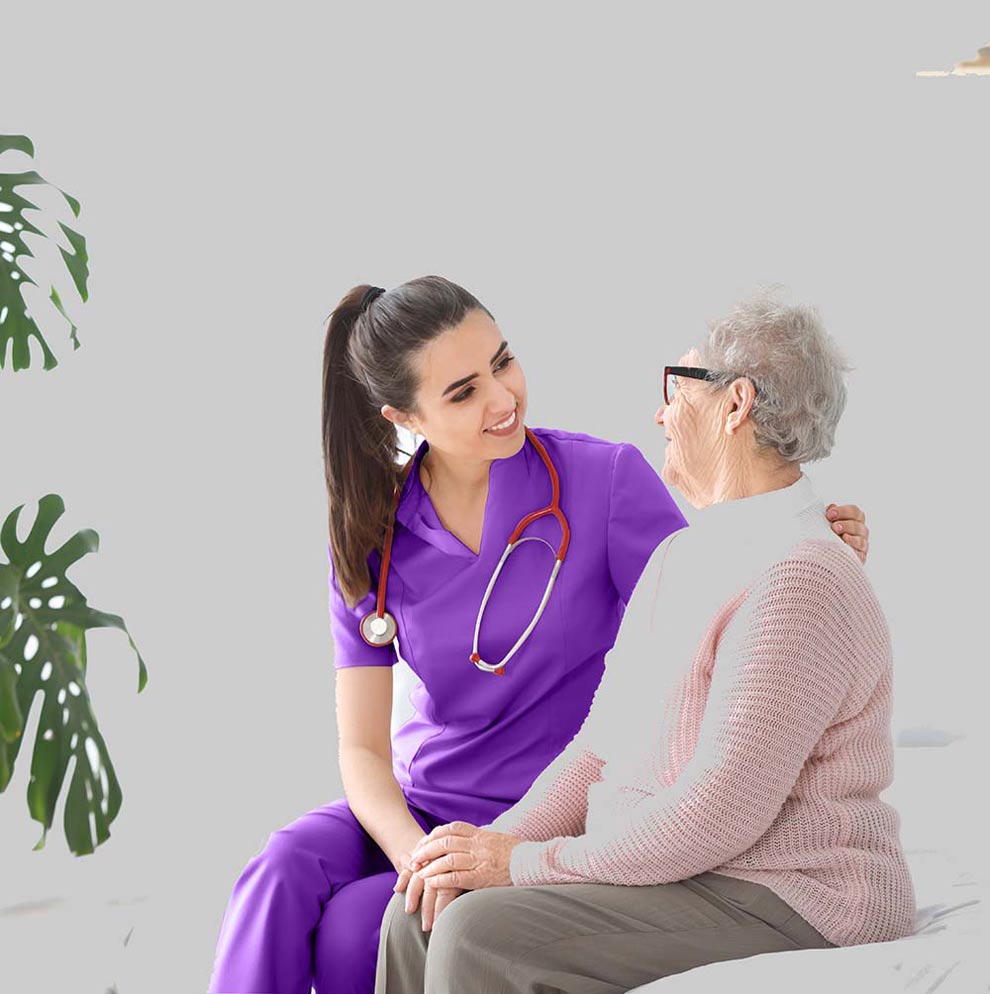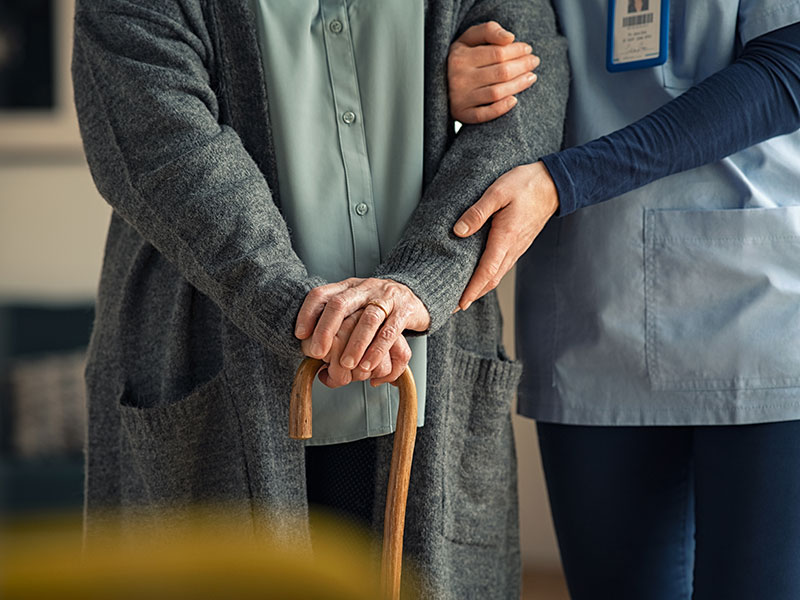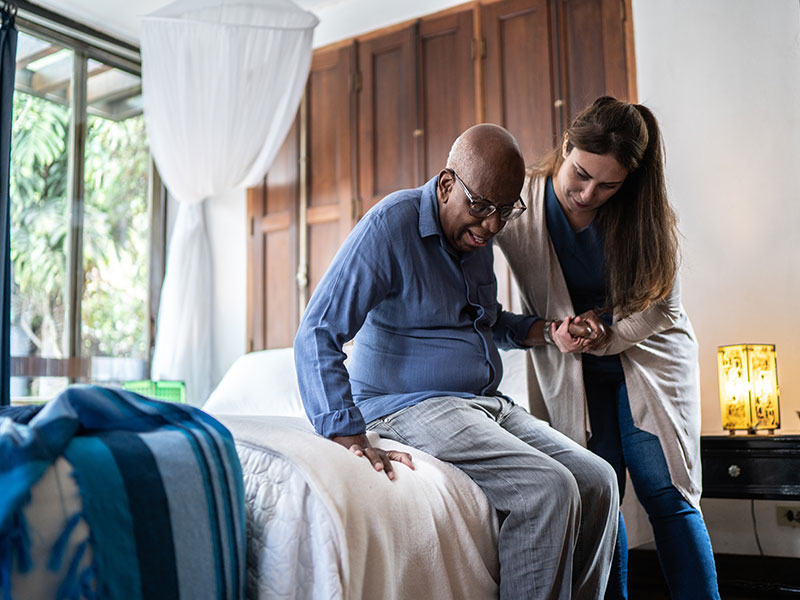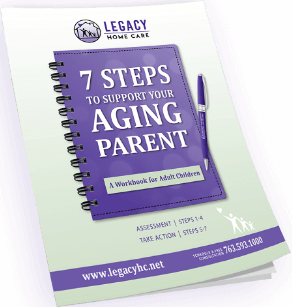Know the Symptoms
Since the condition is mistaken for other types of depressive disorders, it will pay much if you know the symptoms related to it. Common signs associated with SAD are anxiety, sadness, social withdrawal, irritability, inability to concentrate, and the loss of interest in doing normal activities. These symptoms commonly show up from October or November, subsiding by March or April of the following year.
Consider other symptoms like oversleeping, increased sensitivity when it comes to social rejection, loss of energy, fatigue, overeating, carbohydrate cravings, and weight gain. You have to take note that as with other disorders, symptoms may vary from one person to another. The degree of depression varies as well ranging from mild to moderate, which can develop severely to the point of having suicidal tendencies, when not treated accordingly.
Use Light Therapy
Winter-Onset SAD is said to be associated with situations where there is decreased daylight. It is also more common in areas with higher altitudes. The explanation for this is the fact that there is less exposure to sunlight, which in turn, alters the biological clock responsible for regulating sleep, mood, and hormones. Apart from this scenario, SAD is also common when neurotransmitters are altered in persons experiencing one.
In order to handle the situation, using light therapy is recommended. This uses a specially-designed light visor or lightbox, which can be a treatment to correct imbalances for people suffering from SAD. Together with this therapy, behavioral therapy and taking antidepressants may also be prescribed by the healthcare provider.
Other Solutions to Consider
Aside from the ones mentioned above, SAD may also be handled using the following tips:
- Sit near a window to increase the positive effects of daylight. Open curtains and blinds so that light may enter into the space.
- Allow your loved ones to stay outdoors for quite some time. If they are under home care, caregivers or home care aides can spend time with them to make sure they are safe outdoors. That way, they will feel that someone is just there to look after their needs.
- Keep them energized through their food intake. Nourish them with a well-balanced diet. If someone is there providing them live-in care, you can always instruct the caregiver to take charge of the meals they eat. As much as possible, they must be limited to starchy and sweet foods.
- Engage in physical activities at least 30 minutes a day, every other day. A family member must be there to assist them. If you won’t be able to handle them due to work constraints, a professional caregiver will be there to help.
These are just some of the things that you must bear in mind when it comes to handling seasonal depression in the elderly. The best way to keep them happy, regardless of the time of the year, is to have someone keeping them company.




Signs That Your Loved One Requires Home Care
Difficulty Driving Older adults and driving can be a complicated…